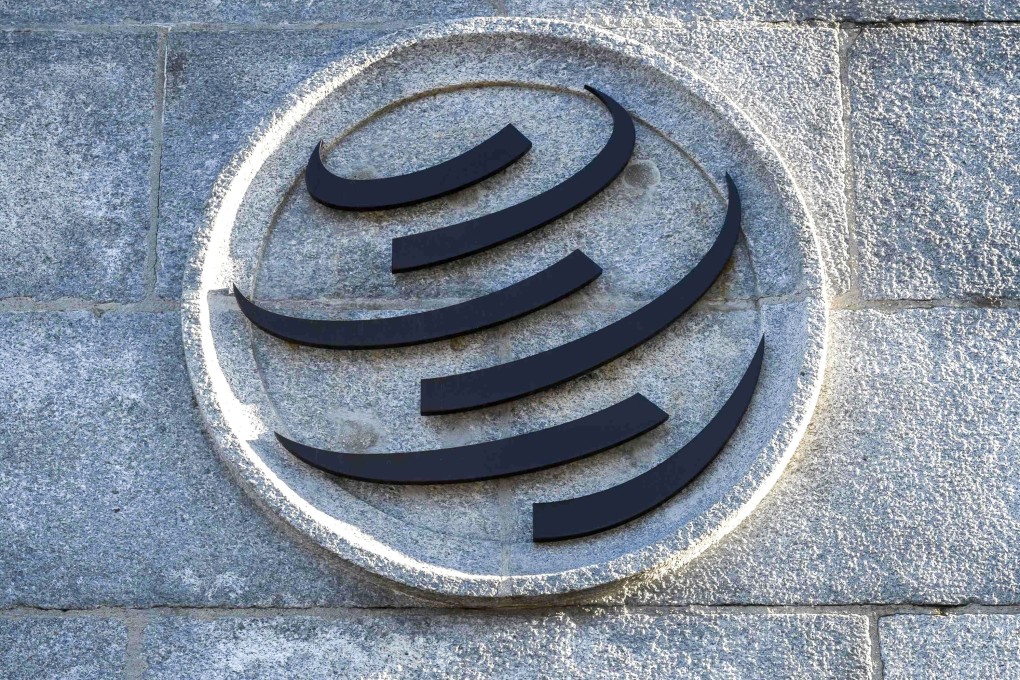Will an African candidate be China’s choice for WTO chief?
- With the trade body brought to a standstill by the US-China trade row, much will depend on whether the nominee can break the deadlock, Chinese government adviser says
- Beijing will also be looking at each contender’s stand on national security exemptions, analyst says

Egypt has nominated Hamid Mamdouh, a former diplomat and ex-WTO official who helped draft an agreement on trade in services during the Uruguay Round of negotiations. Nigeria has picked former foreign and finance minister Ngozi Okonjo-Iweala while Kenya has proposed former WTO General Council chairwoman Amina Mohamed. Mohamed, Kenya’s sports and culture minister, ran unsuccessfully for the WTO director general post in 2013.

A Chinese government adviser, who declined to be named because he was not authorised to speak to the media, said that since Azevedo was a Brazilian, China was less likely to support another Latin American as his successor.
But whoever took over the job would have the tough task of breathing new life into the largely dysfunctional organisation.